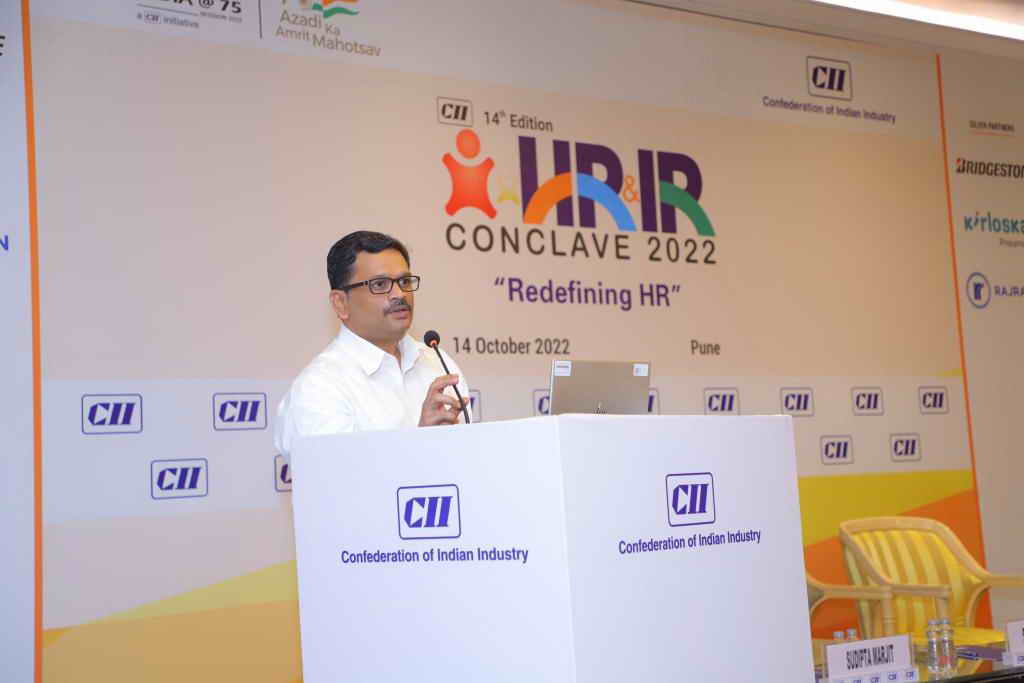It is a emotionally charged question with no definitive answers, as I
realized when I was discussing this with my leadership team in a late
evening coffee shop conversation.
The middle road and an easy answer can be that it is art as much as science. A variation of the same is that, while IDs follow a process it is creativity that makes the training package outcomes unique, tailored, relevant and effective. And to think of it, any work, job is always the same. A process is defined and individuals using their thinking skills to deliver unique value in every job that exists in the world.
However, the trigger to this post, is to highlight that when decisions are to be made on people, such middle ground exercise is a danger. Because, people need to be selected, oriented, trained, motivated and given responsibilities to build them up for success. Thus, the leaders and operating teams views matter only if it is either way - so that decisions are consistent and fast.These decision, then determine:
Next time, when you are in job market understand the hiring manager philosophy to your job and if it aligns to the job perception you hold, express your wish. It will save both the manager and individuals from the path of draining the energy and enabling success to reach the business.
I took Instruction Design as an example, as the in-world, in-person discussion happened on the question, which am sure is applicable in any industry, domain, work.
The middle road and an easy answer can be that it is art as much as science. A variation of the same is that, while IDs follow a process it is creativity that makes the training package outcomes unique, tailored, relevant and effective. And to think of it, any work, job is always the same. A process is defined and individuals using their thinking skills to deliver unique value in every job that exists in the world.
However, the trigger to this post, is to highlight that when decisions are to be made on people, such middle ground exercise is a danger. Because, people need to be selected, oriented, trained, motivated and given responsibilities to build them up for success. Thus, the leaders and operating teams views matter only if it is either way - so that decisions are consistent and fast.These decision, then determine:
- Hiring and selection,
- Retaining the right fits, and,
- Choosing the type of customer where successful partnerships can be built.
- Analyzing content to meet the learning needs (follow a structured traceability) has to be a process-driven to get solutions in time,
- Content/Context/Environment/User devices/time availability and attention span, drives logical decisions for crafting the learning paths/modules, repeating learning objectives and defining interaction patterns, deployment mediums and
- The important step of writing instructions, has to be style guide driven, just as in editorial rooms for maintaining standards, consistency, understanding, error-free, audience appropriate, build brand identity, which all has to prove to be successful instructions to drive the learning which is the aim of the whole exercise.
- Determination of Learning Object is a collaboration between developer on what can be implemented as a SCO (if made SCORM compliant).
Next time, when you are in job market understand the hiring manager philosophy to your job and if it aligns to the job perception you hold, express your wish. It will save both the manager and individuals from the path of draining the energy and enabling success to reach the business.
I took Instruction Design as an example, as the in-world, in-person discussion happened on the question, which am sure is applicable in any industry, domain, work.




No comments:
Post a Comment